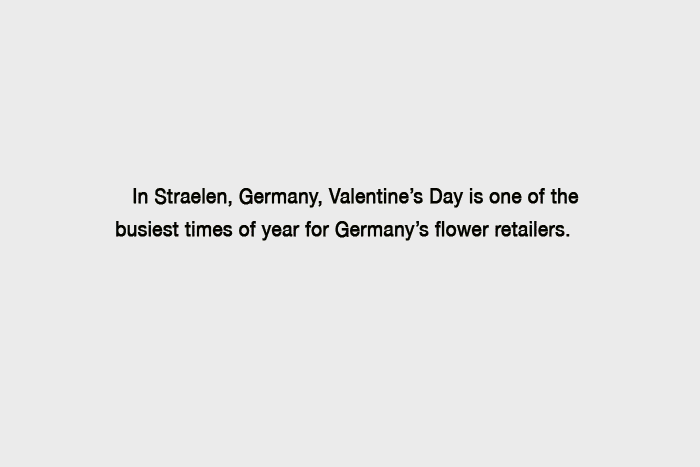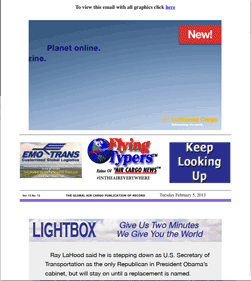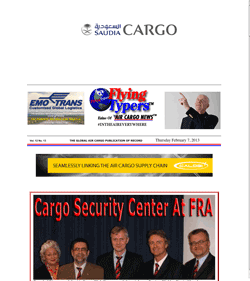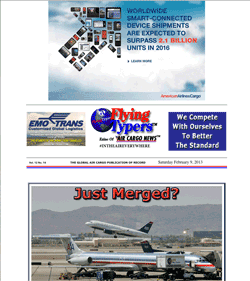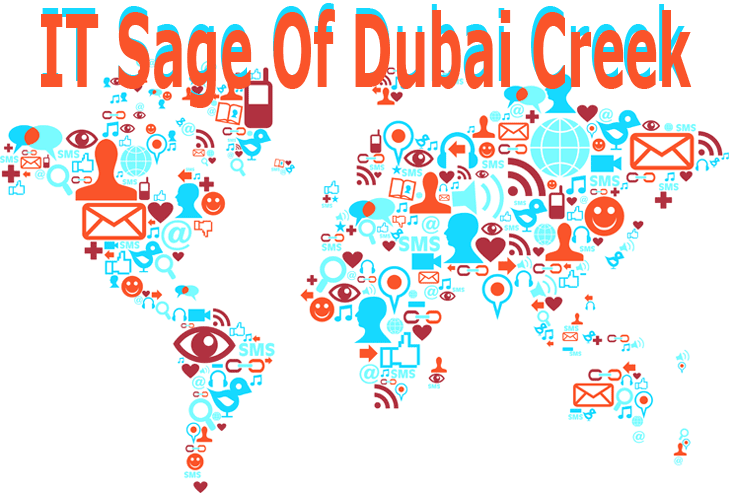
 here
we come from in Toledo, Ohio, the definition of a waterway
as a “creek” usually describes a mere slip of
water. Sometimes populated with minnows, it is a stream
so tiny, you would have to be local to even know its name.
Anyone under eight years old could jump over it in a single
bound. here
we come from in Toledo, Ohio, the definition of a waterway
as a “creek” usually describes a mere slip of
water. Sometimes populated with minnows, it is a stream
so tiny, you would have to be local to even know its name.
Anyone under eight years old could jump over it in a single
bound.
There’s a great song
called “Up On Cripple Creek” by The Band but
that’s about the effect of being in love.
So imagine our reaction when
we were in Dubai, UAE for the first time, and my friend
Nalin Rodrigo suggested we “have lunch on Dubai Creek.”
I discovered that Dubai Creek
was precisely the opposite of all those Toledo memories;
in fact, it is an expansive waterway not dissimilar to the
mighty Hudson River that runs past New York City.
But nothing in Dubai is or
remains small, does it.
It seems like a very long
time ago now that we viewed Dubai as a quaint and remote
small village.
So much for fantasy and reality
changing perceptions.
 |
The same can be said for Dubai
IT company CALOGI. Under the watchful eye and master plan
of Patrick Murray, Head of CALOGI Worldwide Cargo Distribution,
CALOGI has been changing the landscape for a growing number
of air cargo stakeholders, who can thank the IT company
for their entrée into the 21st century tech revolution.
“Our mission is to provide
the air cargo supply chain with a comprehensive, highly
integrated, cost-effective business environment for the
airfreight community, said Patrick.
“Built for the small-to-medium
enterprises, CALOGI allows the cargo community to seamlessly
interact in a paper-free environment,” he explains.
“Our international expansion
is well underway for 2013 and we have agreements signed
in nine locations: Thailand, the Philippines, Bangladesh,
Pakistan, Sri Lanka, United Kingdom, Canada, China, and
Vietnam. “Meanwhile,
we are actively targeting other markets.
“By the end of the financial
year, we predict we will have 15 communities up and running.
“CALOGI developed and
implemented our simplified version of the e-AWB in November
2012.
“This is one of my favorites
because it is so simple.
“A paper air waybill
comprises two parts: the front shows shipment details (defined
by IATA in resolution 600A) and the agents/shippers signature.
“The reverse contains
the limitation of liability plus conditions of contract
(defined by IATA in resolution 600B).
“To move to an e-AWB,
the shipment details need to be transmitted electronically
by the forwarder to the airline, via a Freight Waybill (FWB)
message.
“The document reverse
has been replaced by an EDI agreement.”

“The greatest of challenges
in the current environment are the number of EDI agreements
that need to be signed.
“It is estimated that
to move to a 100 percent e-air waybill environment in Dubai,
100+ airlines would need to sign bilateral agreements with
some 470 forwarders, resulting in a colossal 47,000 EDI
agreements.
“However, CALOGI's new
product has the solution to this problem.
“The front of the air
waybill can be replaced with the FWB and there is no change
to this process.
“However, to reduce
the need for the smaller forwarder to sign EDI agreements
with multiple airlines, CALOGI allows the forwarder to agree
the limits of liability and conditions of contract on-line.
“Once agreed by the
forwarder, a digitally signed copy of the reverse side of
the air waybill (IATA Resolution 600B) is made available
to both the airline and the forwarder. Calogi also takes
care of the archiving, the production of the cargo receipt,
the message versions and the handling of positive/negative
acknowledgement messages.
“What is particularly
impressive is that we implemented this feature in under
a month.
“That included specification,
design, coding, testing and load to production.
“Our flexibility in
approach allows us to move quickly.”

“CALOGI still continues
to see growth, but we have reached a level of maturity in
Dubai, where further increases are likely to be pegged to
growth in the region.
“Elsewhere, I understand
that there has been a recent decline in air freight demand
which has contributed to the fall in load factors.
“Also understand that
air freight rates have been declining since early 2011 and
still remain weak.
“I believe that if the
decline in demand continues we will probably see airlines
start to cut back on capacity in an effort to increase yield.
“If that happens, we
could see the forwarder moving to other modes of transport
as the cutback on capacity will drive rates upwards.
“Meanwhile, we have
tended to ‘buck-the-trend.’
“Because of our c-Trade
credit engine, the 100+ airlines represented on our portal
are able to do risk-free business with over 570 forwarders.
“Since the buying power
is spread evenly, the airlines are able to get a decent
yield.
“I still feel that wise
business leaders will continue to invest in solutions that
will help them to drive down their costs, improve productivity,
and support the ability to reach out to a larger market.”

“This year it will be
about ‘doing more with less.’
“It will no doubt be
a tough year, but air cargo tends to be cyclical and our
industry is good at digging deep and weathering the storms.
“The air cargo supply
chain still needs to focus on improving productivity and
reducing costs. The key to this is making the correct investments
that will simplify the way business is done, preferably
by removing the paper.”

“In our last CALOGI
Newsletter I put forward several arguments as to why small
companies should look at offering their services via the
web.
“I believe that in 2013
many of these companies could find themselves in difficulty
if they do not give their customers the ability to do business
with them via an online portal.
“This small investment
allows them to move their staff to more productive activities
rather than answering the phone to rate/booking/tracking
enquiries. Investments in cost-effective web portals will
also better prepare smaller companies for the next upswing,
and they will no doubt find that they do not need to grow
their staff when the business increases.
“Our focus this year
is on integrating our system with those of our partners
and stakeholders.
“I personally believe
it is ok to use a number of different systems providing
you do not have to re-enter the data.
“For instance, during
my day I will use Excel, Word, PowerPoint, and Visio.
“My method of transferring
data between the applications is good old ‘cut and
paste’ and it works.
“While I believe we
have a great product for small GSAs, airlines, and forwarders,
we can easily integrate with larger companies’ systems,
allowing them access to all the innovative features of CALOGI
without having to rekey the data.
“We can take care of
the latest industry initiatives, such as e-AWB and e-CSD
(electronic security declaration) by developing the solution
once and making it available to all.
“We will also take care
of the different standards, message versions, and enhancements
to the same, thus reducing the costs for the industry.
“Imagine the expense
if our 570+ forwarders were tasked with developing the e-AWB
functionality.
“CALOGI offers this
feature free to the forwarder as part of our solution.
“I also believe that
suppliers of services will look to increase customer retention
by running loyalty programs.
“It’s fair to
say that loyalty programs are not really common in the air
cargo supply chain, but I think that times are changing
and we need to look at the success that has been enjoyed
by the retail, credit card, and air passenger businesses
and ensure that we are not left behind.
“So we will continue
to focus on our international expansion and doing what we
do best, which is offering cost-effective solutions to small-to-medium
customers and help raise the automation bar for the industry.
“Meantime, we will continue
to look out for other business opportunities.
“CALOGI will also be
running a number of Global Campaigns to make the industry
more aware of the specifics relating to the products that
we offer and helping air cargo supply chain stakeholders
to move to an automated environment.”

“I would dearly love
to see the end of the paper air waybill.
“Even today airlines
continue to distribute boxes of pre-printed air waybill
stock which can only be executed on a typewriter.
“I would really like
GACAG to take a strong position on this, even if it means
moving to an online version of the A4 air waybill while
we wait for the e-AWB to move forward.
“I would also like to
see a greater adoption of e-business. As an industry, we
still have far too much reliance on the telephone and fax
and we need to have easier ways to do business.
“No doubt there is a
lack of trust in automation and the provider is only as
good as responses to online business, such as booking or
rate requests.
“If the recipient fails
to respond, then the customer will revert to the phone and
will be reluctant to try again.
“Personally I cannot
imagine picking up a telephone or visiting a travel agent
to buy an airline ticket and this is where our industry
needs to be.
“The norm should be
e-business with manual processes being the exception. The
airlines and GSAs can really help to move in this direction.”
Patrick Murray joined British
Caledonian Import Cargo (BCal) at the age of 20 because
he “wanted to get into the airline business.”
“I have always had a
good head for figures and really enjoyed preparing Customs
declarations.
“When British Airways
took over BCal I joined the IT department, learned assembler,
and developed code for the BA cargo system.”
Later Patrick joined Galileo,
where his team developed the first e-ticket for United Airlines;
from there he joined Emirates Group IT as a cargo project
manager, supporting Dnata and EK SkyCargo during his tenure.
“I then spent two years
in IATA working as the IATA e-freight systems manager and
since then I have been heading up the Calogi team.”

Patrick admits although he
loves what he does, he also has “ two passions”:
singing and football.
“My friends and colleagues
will tell you that my Karaoke singing is legendary, but
it is a little known fact that between the ages of 11 and
13 I spent two years singing professionally at the exclusive
Glyndebourne Opera House in Sussex.
“If I weren’t
in air cargo, I would probably be in the music industry,”
Patrick says.
“My football (soccer)
team is a local Sussex club, Brighton and Hove Albion.
“I do like to watch
the big clubs whenever I can and during a recent trip to
Spain to see my daughter I managed to get two tickets to
see Barcelona play Real Zaragosa.
“Lionel Messi scored
twice in a 3-1 win. The guy is awesome.”
Patrick also loves travel,
not uncommon for those in our industry.
“I’m fortunate
enough to travel with this job and always make it a point
to pick up a local handicraft wherever I can.
“My display cabinets
at home are like Aladdin’s Caves.
“During a recent trip
to Delhi I picked up an 18 kilo bronze statue of Krishna,
which is now taking center stage in my living room.”
So from a love of data entry,
to the leading edge of cargo IT and a general love of life,
we look forward to 2013 and catching up with Krishna and
The IT Sage Of Dubai along the way!
Geoffrey
|

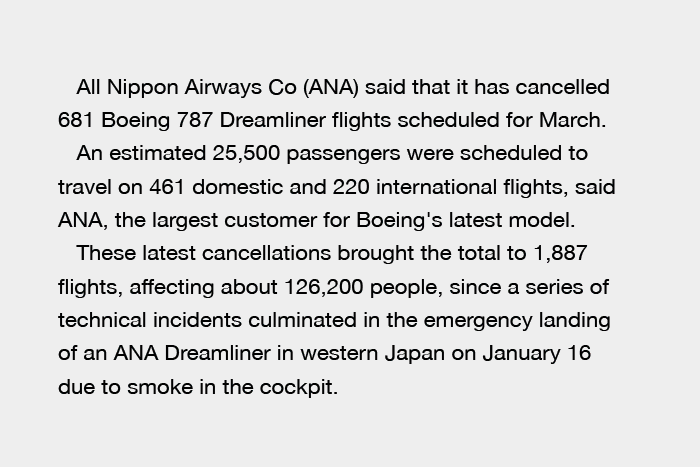


 NTERNATIONAL AIR CARGO ASSOCIATION
OF CHICAGO meets Tuesday, February 12 at
Holiday Inn, 1000 Busse Rd., Elk Grove Village Check-In:
11:15am. Luncheon served at noon. Tariff - $25 Non-Members
Welcome..
NTERNATIONAL AIR CARGO ASSOCIATION
OF CHICAGO meets Tuesday, February 12 at
Holiday Inn, 1000 Busse Rd., Elk Grove Village Check-In:
11:15am. Luncheon served at noon. Tariff - $25 Non-Members
Welcome.. THE
HOUSTON AIR CARGO ASSOCIATION meets regularly
with President Breanna Morgan. Breanna also serves as Logistics
& Compliance Manager at Bring Logistics US, Inc.
THE
HOUSTON AIR CARGO ASSOCIATION meets regularly
with President Breanna Morgan. Breanna also serves as Logistics
& Compliance Manager at Bring Logistics US, Inc.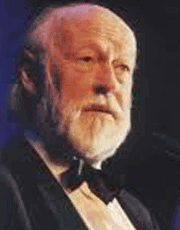 THE
BRITISH INTERNATIONAL FREIGHT ASSOCIATION
has sold out its 2013 BIFA Regional Annual Dinner scheduled
for The Liner at Liverpool Hotel, Friday, Feb. 22, 2013.
Time: 19:30 hrs., for seating at 20:15, but alas BIFA is
no longer taking bookings.
THE
BRITISH INTERNATIONAL FREIGHT ASSOCIATION
has sold out its 2013 BIFA Regional Annual Dinner scheduled
for The Liner at Liverpool Hotel, Friday, Feb. 22, 2013.
Time: 19:30 hrs., for seating at 20:15, but alas BIFA is
no longer taking bookings. THE
NATIONAL ASSOCAIATION OF FREIGHT AND LOGISTICS (NAFL)
was founded in Dubai in February 1992 by legendary air-sea
pioneer and Dubai transportation visionary Professor Issa
Baluch.
THE
NATIONAL ASSOCAIATION OF FREIGHT AND LOGISTICS (NAFL)
was founded in Dubai in February 1992 by legendary air-sea
pioneer and Dubai transportation visionary Professor Issa
Baluch.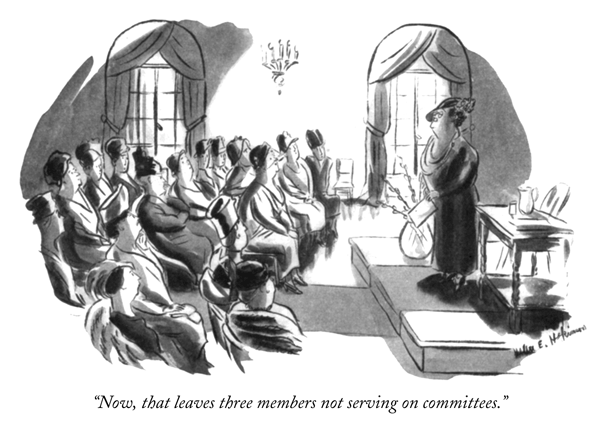
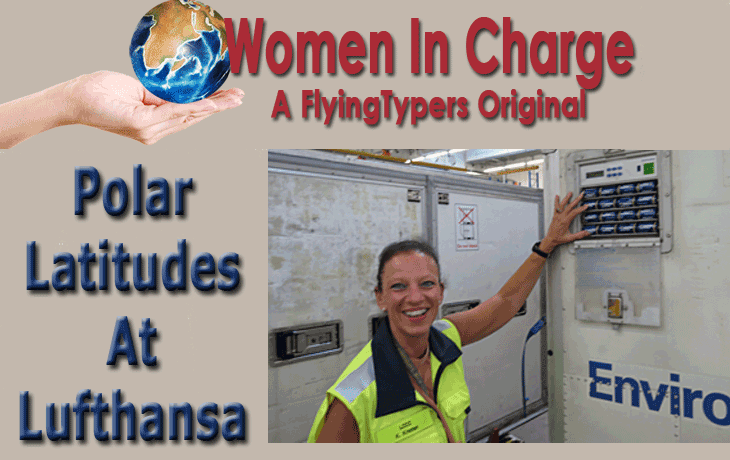
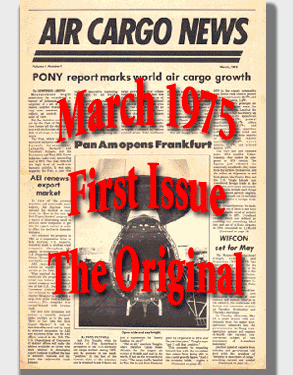
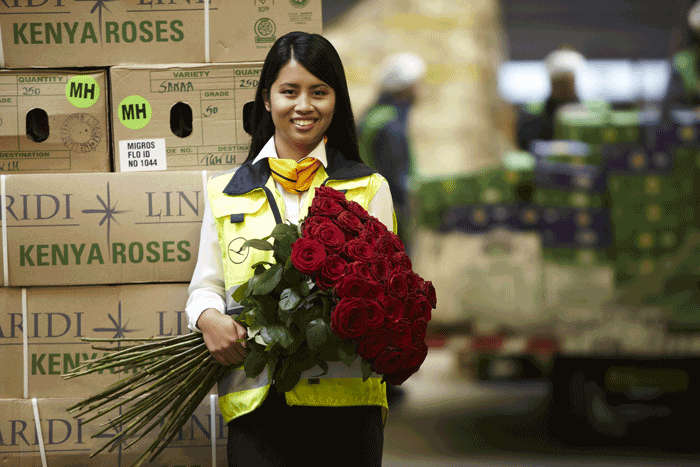



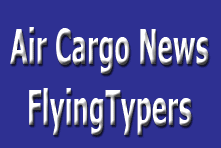

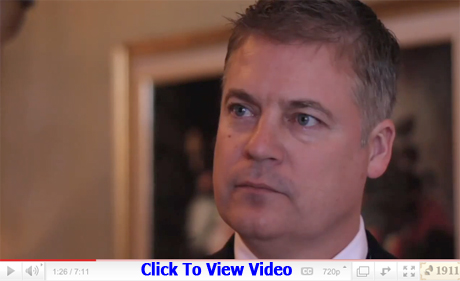

 here
we come from in Toledo, Ohio, the definition of a waterway
as a “creek” usually describes a mere slip of
water. Sometimes populated with minnows, it is a stream
so tiny, you would have to be local to even know its name.
Anyone under eight years old could jump over it in a single
bound.
here
we come from in Toledo, Ohio, the definition of a waterway
as a “creek” usually describes a mere slip of
water. Sometimes populated with minnows, it is a stream
so tiny, you would have to be local to even know its name.
Anyone under eight years old could jump over it in a single
bound.
